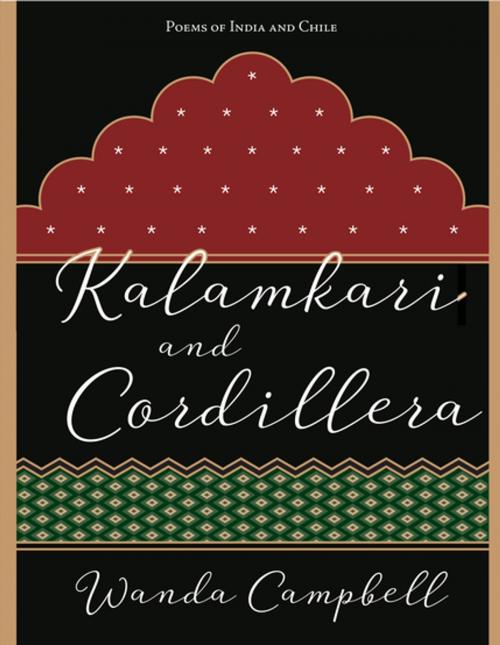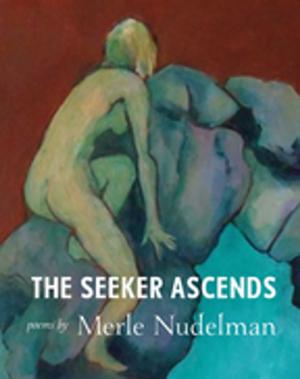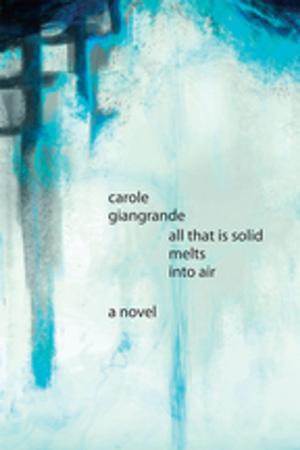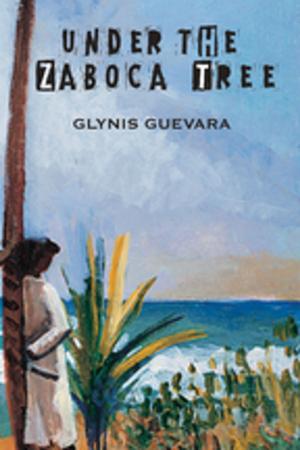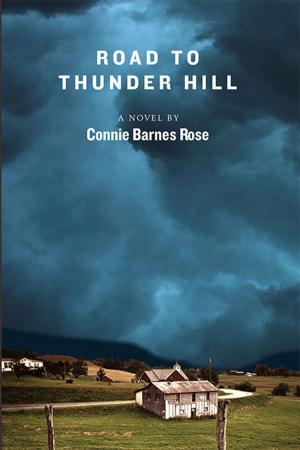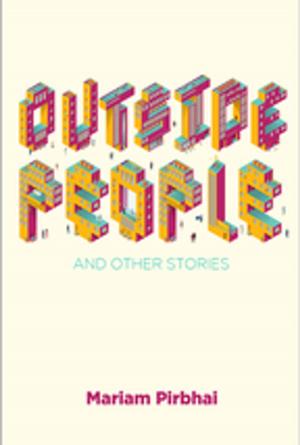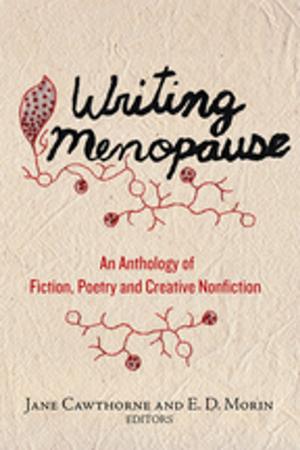| Author: | Wanda Campbell | ISBN: | 9781771334549 |
| Publisher: | Inanna Publications | Publication: | September 15, 2017 |
| Imprint: | Inanna Poetry and Fiction Series | Language: | English |
| Author: | Wanda Campbell |
| ISBN: | 9781771334549 |
| Publisher: | Inanna Publications |
| Publication: | September 15, 2017 |
| Imprint: | Inanna Poetry and Fiction Series |
| Language: | English |
This collection “spattered diversely by the trades that we live by” as Pablo Neruda puts it, reflects the variety of influences that have shaped the poet’s craft. Kalamkari (from the Persian for “pen craft”) refers to the hand-painted and block-printed textiles of South India where the poet grew up, and this section of the collection contains poems combining memories of her childhood with contemporary realities especially those affecting the lives of Indian girls and women. Harsh realities of women’s daily lives force the poet to look at the darker side of a country she loves and yet, like the old woman in the Aesop’s fable, she discovers “there is wonder even in the dregs.” Cordillera (from the Spanish for “mountain chain”) contains poems inspired by the poetry of Pablo Neruda and the country of Chile where he grew up in the shadow of the Andes. Because they were written at the fraught juncture between expectation and exile, appearance and reality, youth and age, memory and truth, these are at once poems of place and deeply personal. India and Chile share much in common including a turbulent colonial past, the challenges of poverty and climate, and a passionate commitment to craft. Imagery and attention to form, shared by Neruda, forge strong links between the two halves of the collection. Both the journeys we do not get to take and the journeys we do not get to keep teach us what it means to be human in relation to others and our chosen craft. By recounting the truth of her experience in both solitude and solidarity, the poet explores the cost of yearning and illuminates some of the perils and pleasures faced by women the world over.
This collection “spattered diversely by the trades that we live by” as Pablo Neruda puts it, reflects the variety of influences that have shaped the poet’s craft. Kalamkari (from the Persian for “pen craft”) refers to the hand-painted and block-printed textiles of South India where the poet grew up, and this section of the collection contains poems combining memories of her childhood with contemporary realities especially those affecting the lives of Indian girls and women. Harsh realities of women’s daily lives force the poet to look at the darker side of a country she loves and yet, like the old woman in the Aesop’s fable, she discovers “there is wonder even in the dregs.” Cordillera (from the Spanish for “mountain chain”) contains poems inspired by the poetry of Pablo Neruda and the country of Chile where he grew up in the shadow of the Andes. Because they were written at the fraught juncture between expectation and exile, appearance and reality, youth and age, memory and truth, these are at once poems of place and deeply personal. India and Chile share much in common including a turbulent colonial past, the challenges of poverty and climate, and a passionate commitment to craft. Imagery and attention to form, shared by Neruda, forge strong links between the two halves of the collection. Both the journeys we do not get to take and the journeys we do not get to keep teach us what it means to be human in relation to others and our chosen craft. By recounting the truth of her experience in both solitude and solidarity, the poet explores the cost of yearning and illuminates some of the perils and pleasures faced by women the world over.
